Rome (Italy). A webinar on the Encyclical Fratelli tutti of Pope Francis was held on 9 October 2020, promoted by the Union of Women Major Superiors of Italy (USMI) and by the Italian Conference of Men Major Superiors (CISM).
Mother Yvonne Reungoat, Mother General of the Daughters of Mary Help of Christians and President of USMI, introduced the meeting by explaining the aim of the webinar: to provide insights for the religious to enter into the heart of the document.
Professor Luigino Bruni, economist, among the main organizers of the International Event “Young people, a pact, the future (The Economy of Francesco), recalled the origin of Pope Francis’s talks on fraternity:
“The first word of his discourse on fraternity, Pope Francis wrote on the evening of 13 March 2013, when he chose his name. Francis is many messages together, but he is above all a message of fraternity. In these 7 years of pontificate, Pope Francis has continued to write many words of fraternity, but he did not write the most beautiful words on fraternity with a pen, he wrote them with his gestures. Words embodied and often silent. Like those of 27 March 2020, when alone, in silence, in St. Peter’s Square, he gave us his most beautiful discourse on fraternity”.
Luigino Bruni identified in the Parable of the Good Samaritan, in the 2nd chapter, the milestone of the Encyclical: “We are born close, we become neighbors; fraternity is not linked to physical closeness, because we must love everyone, not just our neighbors”.
Sr. Alessandra Smerilli, FMA, Full Professor of Political Economy at the Pontifical Faculty of Educational Sciences “Auxilium” in Rome, Councilor of State of the Vatican City, and Coordinator of the Economics Taskforce of the Vatican Commission for Covid-19, underlines the continuity with the previous encyclicals: “If Laudato sì made us understand that everything is connected, Fratelli tutti makes us understand that we are all connected ”(Michael Czerny). Sr. Alessandra says that Fratelli tutti evokes the scene of the kiss and embrace of St. Francis for the leper in Rivotorto ‘which made Francis a new man’ and which caused a sensation among the powerful of the city of Assisi: The encyclical is an invitation to take seriously the concrete implications of fraternity and to act accordingly”.
The Pope inserts the parable of the Good Samaritan “as a perspective of interpretation of the times we live in, but at the same time, it is a beacon to guide our steps. (…) After the comparison with the Parable, one cannot read with detachment what comes after. The reader is called to take part, not to remain neutral. We enter the encyclical as protagonists and are thus invited to become real promoters of processes of fraternity”.
Sr. Alessandra highlighted some elements that challenge religious life, including care, understood as attention, listening, taking to heart those in need: “To learn the alphabet of care we must practice it, and we must learn from an early age. (…) The Encyclical places it as one of the key points: learning the alphabet of care, otherwise we will not be able to generate processes of peace, of acceptance”.
The message of the Encyclical
The Encyclical presents themes set out in the Abu Dhabi document on human fraternity and re-launches its appeal as a fruit of joint commitment. The Pope wants to encourage a new dream of fraternity and social friendship that involves individuals, groups, institutions, entire peoples.
A key word is social friendship, feeling united with everyone, embracing those who are discarded and walking with them: “Bring your friend’s ‘you’ to the heart of universal brotherhood and elect brothers/sisters near and far as friends. We do not choose to be brothers/sisters, but if we take them on, we make brothers/sisters friends and this happens only if we have the courage to embrace and kiss the lepers we meet along our way.”
Pope Francis traces and places in reality the great principles that inspire Catholic social thought: the dignity of the human person, the human destination of goods, solidarity, the social function of property.
The Encyclical also contains affirmations on major issues such as war, the death penalty, peace: “Those who claim to bring peace to a society must not forget that inequity and the lack of integral human development do not allow peace to be generated “(cf. FT 235). It is significant that the Nobel Peace Prize 2020, was assigned on 9 October 2020, to the World Food Program, FAO’s world food program that provides food assistance in emergencies.
Mother Yvonne Reungoat in concluding, underlines the importance of letting oneself be interrogated by Pope Francis’ questions, so that fraternity and social friendship can become another way of conceiving society and the call to religious life, to be deepened, translated with life and shared among religious, with the laity and young people. “I think the Encyclical is a very strong light in this world. Starting from the parable of the Good Samaritan, it is possible to find concrete ways to resolve the great questions of today’s world”.



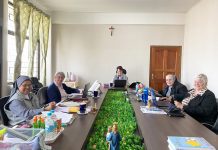
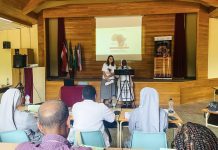


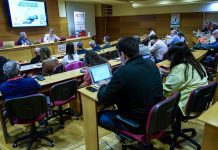


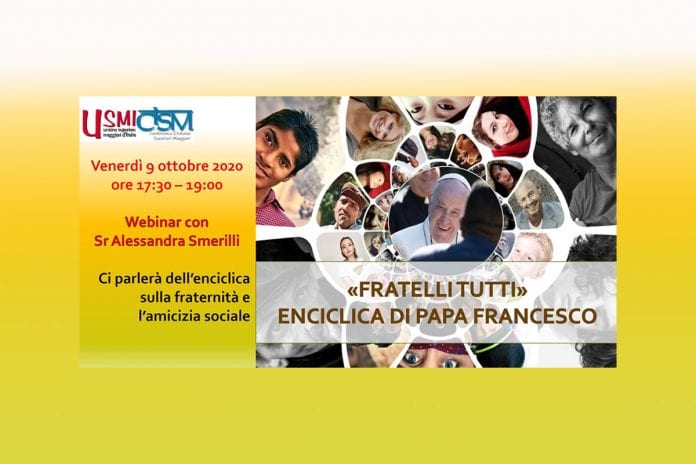









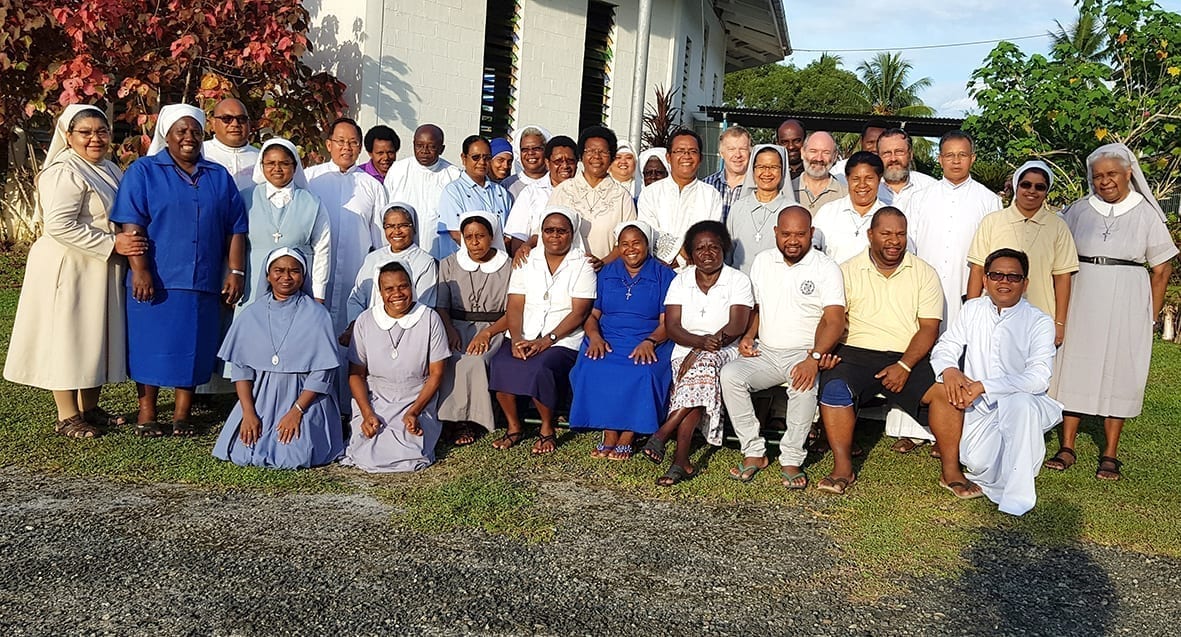
Ho seguito la bella e interessante presentazione. Complimenti al Prof. Luigino Bruni e a sr. Alessandra. Sto leggendo con passione il testo davvero ricco di spunti e che farà tanto bene alle comunità e al mondo intero.
I am so proud of our Congregation. Well done Sr. Alessandria#
Kathleen Taylor fma